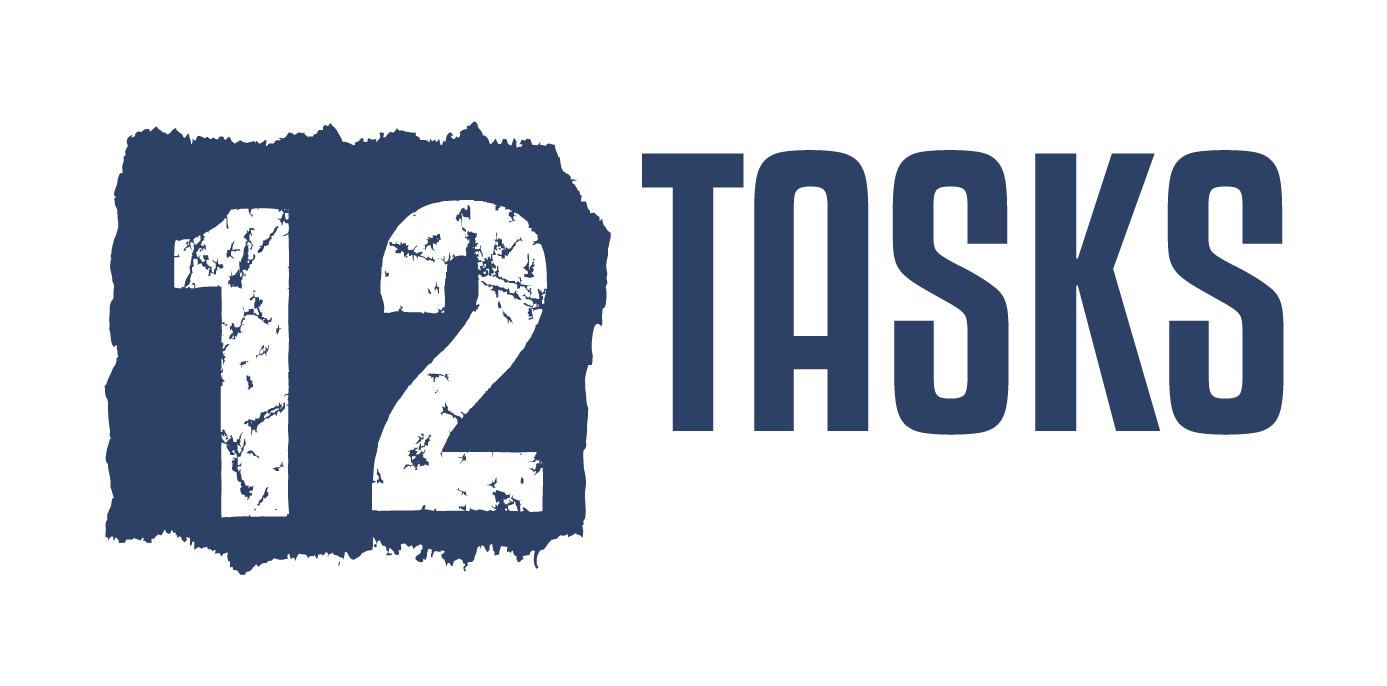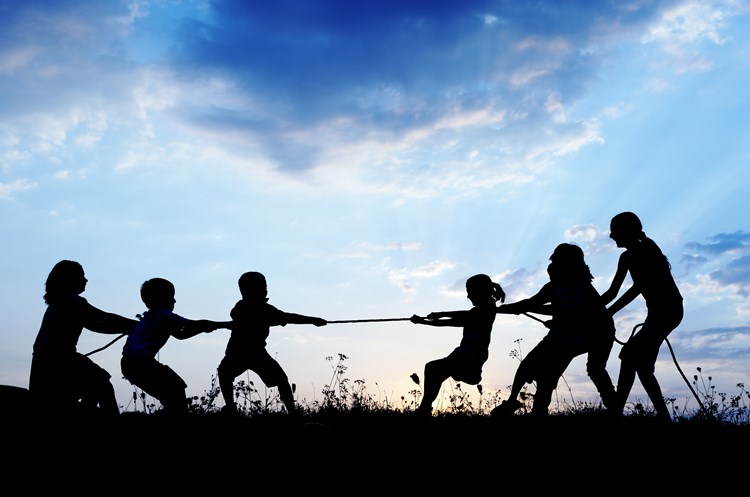Peaceful conflict seems to be an oxymoron when it comes to working out friction with your emerging teen. We are designed for intimate connection with others in our family where we can freely express ourselves and be accepted. Being vulnerable can leave us open to hurt, humiliation, embarrassment, discomfort and misunderstanding. Self-protective barriers become part of how we save ourselves. Sometimes, not acknowledging how we feel is a part of all this.
How do we create a safe environment and culture where open and honest dialogue can happen so that reconciliation is a steadier state between parent and child? This takes time, attention and energy on a regular basis but can relieve the greater energy of maintaining a defensive stance around the barriers which keep us apart. The whole family will be more relaxed if the environment is nourishing and designed for flourishing. The relationship piece of 12 Tasks can serve to buffer so much of the turmoil when your child is coming of age at the same time you are going through life changes.
I recently spoke on how receptive my granddaughter was when I got down on one knee and opened my arms wide. She would catch my eye from a distance and then come running and throw herself into my arms for a hug. If I stood and called her, she might wave, smile and call back to me but it wasn’t the same. Being vulnerable enough and open enough to come down to her space drew her in.
Drs. Gary and Greg Smalley, in their book, the DNA of Parent-Teen Relationships, say that “Increasing honor and decreasing anger in the home are the two main principles in raising healthy teenagers.” (p.7) They say that “honor fortifies love; anger kills it – if left unresolved for weeks, months, or even years, anger becomes an acid that eats away love and maturity in teens as well as adults.”
The Smalleys note that for the first 12 years of our child’s life we’ve become adept in our parenting. We have come to understand their needs and desires. Now, the transition has come at a time when parents and children are changing. Here are some of the changes that can undermine the environment we’re trying to nurture.
For Parents:
- Marital dissatisfaction is greater when kids are teens…
- Many parents are going through an identity or midlife crisis…
- Economic burdens have increased…
- Parents feel their attractiveness is declining…
- Caring for aging parents has become a major responsibility…
For teens:
- Friends and peer pressure become more important…
- Dating relationships will come soon….
- Acne can become an issue…
- Jobs may be a desire…
- Rebellion and independence may arise
- Clothing choices might be a stronger concern…
- Music choices may be an adjustment…
- Identity crisis may be an issue…
For parents still in a marriage relationship, the key for stability with your child is to ensure that your marriage stays strong and stable. The Smalleys says that “the stress and tension of raising a teen can intensify any marital problems. When the couples feels unhappy in their relationship, the child is usually affected as well. Parents in conflict tend to express less concern and warmth toward their teenager and utilize stricter-than-usual discipline, creating increased emotional hardship for the child?”
Have you found this to be true for you in your relationship? We’re just saying that stress tends to get passed on to others around us. Guarding against stress involves a holistic look at how we are doing physically, emotionally, spiritually, mentally, socially, psychologically, financially and relationally. If you can pay attention to the realities in your own life you may more accurately pay attention to the areas that need attention in your teen’s life as you do the 12 Tasks together. If you need support or encouragement take the initiative to reach out and model health for your child.

